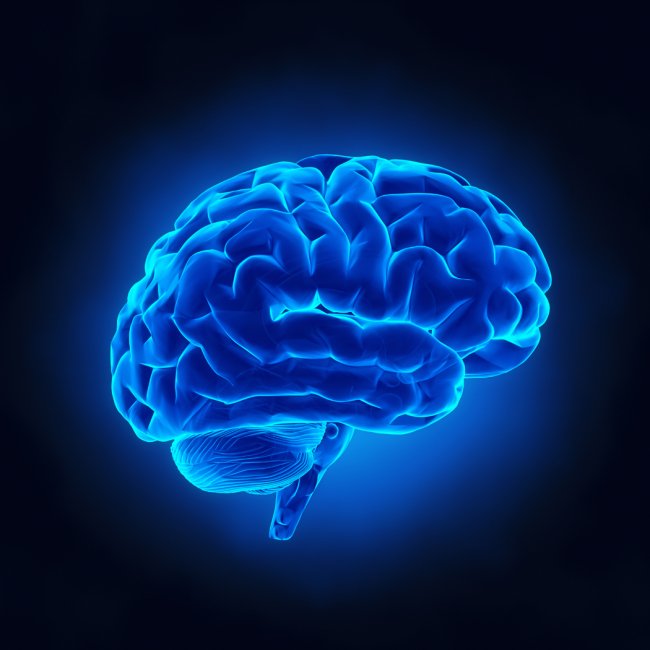The human immune system plays a crucial role in protecting the body from harmful pathogens such as bacteria, viruses, and other microorganisms. It is a complex network of cells, tissues, and organs that work together to identify and neutralize foreign invaders. By recognizing and responding to threats, the immune system prevents infections and diseases from taking over the body. Without a properly functioning immune system, humans would be vulnerable to many illnesses and health complications.
Table: Key Components of the Immune System
| Component | Function |
|---|---|
| White Blood Cells | Fight infection and destroy pathogens |
| Antibodies | Identify and neutralize foreign substances |
| Lymphatic System | Transports immune cells and filters harmful agents |
| Bone Marrow | Produces white blood cells and other immune cells |
How the Immune System Detects Pathogens
The immune system is designed to recognize the difference between the body’s own cells and foreign invaders. When pathogens such as bacteria or viruses enter the body, specialized immune cells called white blood cells, or leukocytes, spring into action. These cells patrol the body and detect unfamiliar substances, triggering a defense response. The immune system uses a variety of cells and proteins to identify and mark pathogens, preparing them for destruction.
Innate vs. Adaptive Immunity
The immune system has two main types of responses: innate and adaptive immunity. Innate immunity is the body’s first line of defense and includes physical barriers like the skin and mucous membranes, as well as immune cells that respond quickly to invaders. This response is general and does not target specific pathogens. Adaptive immunity, on the other hand, is more specialized. It involves the production of antibodies that are specifically designed to target and neutralize particular pathogens. Adaptive immunity also has a memory component, meaning it can “remember” pathogens and respond more effectively if they invade again.
The Role of Antibodies in Disease Prevention
Antibodies are proteins produced by the immune system to target and neutralize specific pathogens. They are a critical part of the body’s adaptive immune response. When a pathogen enters the body, immune cells produce antibodies that bind to the pathogen, marking it for destruction by other immune cells. Once the immune system has successfully fought off a pathogen, it retains a memory of the invader, which allows it to respond more quickly and effectively if the pathogen returns in the future. This is the basis for immunity and how vaccines help prevent diseases.
The Lymphatic System and Immune Defense
The lymphatic system plays an essential role in the body’s immune defense. It consists of a network of vessels, nodes, and organs that help filter harmful substances from the body. Lymph nodes, in particular, act as filters, trapping bacteria, viruses, and other foreign invaders. White blood cells are also transported through the lymphatic system to areas where they are needed, allowing the immune system to respond to threats throughout the body. The lymphatic system ensures that the immune system can work efficiently and reach every part of the body.
Boosting the Immune System for Better Health
While the immune system works continuously to protect the body, certain lifestyle choices can help strengthen it. A balanced diet rich in vitamins and minerals, regular exercise, adequate sleep, and stress management are all important for maintaining a healthy immune system. Additionally, vaccines play a crucial role in preparing the immune system to fight specific diseases. By promoting good immune health, individuals can improve their ability to prevent infections and recover more quickly from illnesses.
Conclusion: The Immune System’s Essential Role
The human immune system is an incredibly complex and vital defense mechanism that protects the body from diseases. By detecting, identifying, and neutralizing harmful pathogens, the immune system plays a key role in preventing illness. Its ability to adapt and remember specific pathogens makes it highly effective in fighting infections and building immunity. Understanding how the immune system works and taking steps to support it are essential for maintaining good health and preventing disease.



